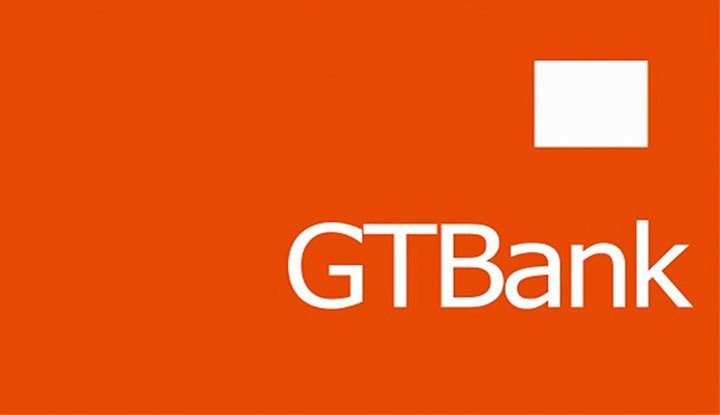
The United Kingdom has recently placed Nigeria on the red list of countries that should not be actively considered for recruitment by health and social care employers. This decision came after the World Health Organization (WHO) listed 55 countries, including Nigeria, as facing the most pressing health workforce challenges related to Universal Health Coverage.
According to a report by the UK Home Office, the UK Government has disclosed that Nigeria and other countries on the red list should not be actively targeted for recruitment by health and social care employers except in cases where there is a government-to-government arrangement in place.
This information is contained in the UK government’s website titled, ‘Code of Practice for the international recruitment of Health and social care personnel in England.’ The country identification follows the methodology contained in the 10-year review of the relevance and effectiveness of the WHO global code of practice on the International Recruitment of Health Personnel.
The report states that consistent with the WHO Global Code of Practice principles and articles, and as explicitly called for by the WHO Global Code of Practice 10-year review, the listed countries should be prioritized for health personnel development and health system-related support, provided with safeguards that discourage active international recruitment of health personnel.
It further explained that countries on the list should not be actively targeted for recruitment by health and social care employers, recruitment organizations, agencies, collaborations, or contracting bodies unless there is a government-to-government agreement in place to allow managed recruitment undertaken strictly in compliance with the terms of that agreement.
Countries on the WHO Health Workforce Support and Safeguards list are graded red in the code. If a government-to-government agreement is put in place between a partner country, which restricts recruiting organisations to the terms of the agreement, the country is added to the amber list.
The report specified that if a country is not on the red or amber list, then it is green. The amber countries where international recruitment is only allowed in compliance with the terms of the government-to-government agreement are Kenya and Nepal.
It added that active recruitment is permitted from green-graded countries where there is a government-to-government agreement with the UK in place for international health and care workforce recruitment. Green-graded countries without a government-to-government agreement with the UK are not published in the code of practice for England.
The report also mentioned that the government-to-government agreement may set parameters, implemented by the country of origin, for how UK employers, contracting bodies, recruitment organisations, agencies, and collaborations recruit. These organisations are encouraged to recruit on the terms of the government-to-government agreement.
The green country list will be updated as new government-to-government agreements are signed with the UK. It is recommended that employers, contracting bodies, recruitment organisations, agencies, and collaborations regularly check the list for updates prior to embarking on any recruitment campaign. Green-graded countries with a government-to-government agreement for managing international health and care workforce recruitment are India, Malaysia, Philippines, and Sri Lanka.
In summary, the UK has placed Nigeria on the red list of countries that should not be actively considered for recruitment by health and social care employers, except in cases where there is a government-to-government agreement. This decision is in line with the WHO Global Code of Practice on the International Recruitment of Health Personnel, which prioritises health personnel development and health system-related support for countries facing the most pressing health workforce challenges.

















